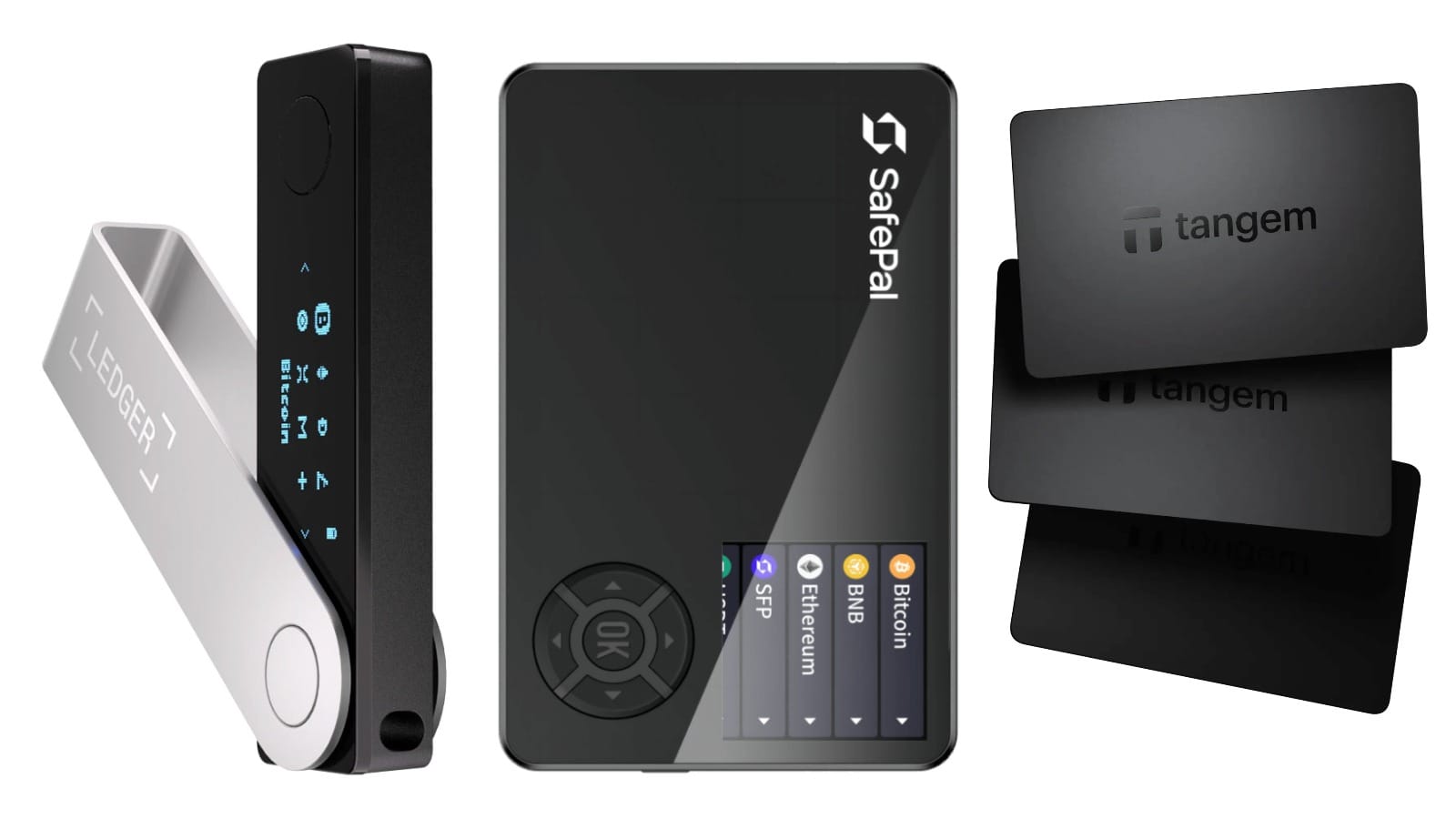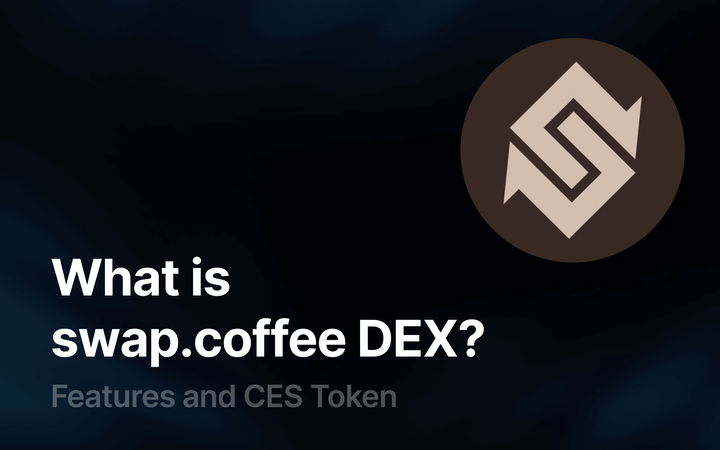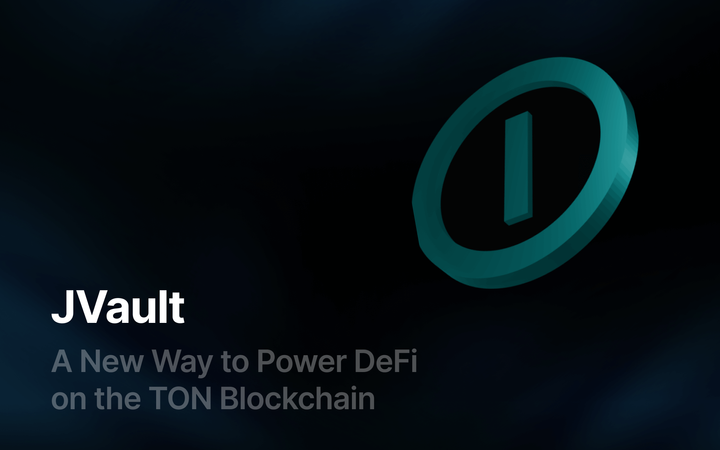Security Analysis of TON: How to Protect Your Investments

Cryptocurrencies have entered our lives swiftly and irrevocably. TON is one of the most promising and talked-about networks. But with great opportunities come significant risks. In this article, we will discuss how to keep your tokens safe, avoid scams, and learn how to properly exchange cryptocurrency
Every day, thousands of people around the world lose their savings to hackers and scammers. How can this be avoided? First, we have thoroughly explored the topic of cryptocurrency fraud in this article. Second, always conduct thorough research, for which DYOR.io, the largest blockchain analytics platform for the TON network, can assist you. Third, today we will take an in-depth look at the three main aspects of security for TON users: secure token storage, fraud protection, and safe exchange practices.
Token Storage
The first thing you need to do is choose a reliable place to store your tokens. We have already written about the types of cryptocurrency wallets and which wallets are best for storing TON in 2024.
So, choosing the right wallet is key to safely managing your digital assets and comfortably interacting with the TON ecosystem. Here are some security tips to follow when selecting a cryptocurrency wallet:
- Choose non-custodial wallets where you control the private keys yourself. This means your assets are not stored by third parties, and the risk of hacking is significantly reduced, for example, Tonkeeper, Trust Wallet, Tonhub, @wallet, OpenMask and others.
- Add two-factor authentication with 2FA.
- For maximum security, use hardware wallets like Ledger, Safepal and Tangem.

- Of course, the wallet should be convenient, with an intuitive interface, easy setup, and always accessible support.
Types of Scams
The integration of the TON blockchain with the Telegram messenger attracts not only new users to the blockchain but also a vast number of ill-wishers trying to profit from them. The number of scam schemes grows daily, and scammers become more sophisticated and cunning.
Here are some examples of how scammers might act so that you can "know your enemy":
Fake Websites
that look like legitimate ones are created to steal logins, passwords, and other personal information. Check URLs, avoid unexpected links, and never enter your details on suspicious sites.
Scammers Pretending to Be Your Friends or Family
urgently asking for money. They might use hacked accounts or fake profiles. Always verify who it is by contacting the person directly to ensure the request is genuine.
Scammers Promising Huge Profits
offering to invest in dubious projects or cryptocurrencies. Research all offers thoroughly. Usually, if something seems too good to be true, it probably is.
Scammers Offering Prizes
For Participating in Surveys to Steal Your Data. Don't share details with unknown sources and avoid participating in suspicious surveys.
Attractive Job Offers
Asking for Personal Information or Money to Get You Hired.
Romantic Online Relationships
Where Scammers Ask for Money, Photos, or Personal Information. Be cautious with those who quickly start asking for money or sharing personal data.
How to Protect Yourself from Scams:
- Enable two-factor authentication and other additional security layers for your account. Be sure to set up a cloud password for your Telegram account.
- Confirm the identity of even familiar senders requesting personal information or money, for example, by calling or messaging them through another platform.
- Monitor if anyone accesses your account - this is easy to check by going to "Active Sessions" in the settings.
- Be wary of offers to get rich quickly.
- Always verify the recipient before transferring cryptocurrency. Never send money to unknown addresses - this is a direct path to losses.
- If you encounter a scammer or something suspicious, report it.
Safe Exchanges
Token exchanges are gaining popularity among traders and investors. They offer many benefits - simplicity and convenience, a variety of crypto assets, avoidance of unnecessary fees, instant token exchanges, as well as ensuring security and confidentiality. But there's another side.
Risks
- Slippage - when the transaction price differs from the expected one due to low liquidity or market volatility. Naturally, this can lead to losses.
- Token exchanges may have strict deadlines and inflexible processes. This can lead to token freezing or returns if conditions are violated. Pay close attention to deadlines and follow all requirements to avoid losses.
- And, of course, security issues. Platform security is a critical factor. Some of them may have vulnerabilities, putting you at risk. Choose reliable platforms with strong security measures: encryption and regular audits.
How to protect yourself:
- Choose reliable exchanges.
Read reviews, study the history of the exchange, evaluate fees, supported tokens, liquidity, and security. If you don't want to delve into this topic, we have done all the work for you and compiled a list of the top 10 best crypto exchanges. Pay close attention to the security measures offered by exchanges. Cold storage of users' funds and two-factor authentication are important conditions.
- Avoid phishing sites.
Phishing is one of the most common scam schemes. Always check the URLs of sites where you conduct exchanges. Use bookmarks for frequently visited resources. One wrong click, and your funds could end up in the hands of scammers.
- Don't store funds on exchanges.
After completing an exchange, immediately transfer your tokens to a secure wallet. Storing funds on an exchange increases the risk of theft in case of a hack.
Conclusion
Secure token storage, fraud protection, and safe exchange practices are the steps that will help you protect your money. In the world of cryptocurrencies, everyone is responsible for their own funds, so always stay vigilant, DYOR on DYOR.io, and stay safe!








